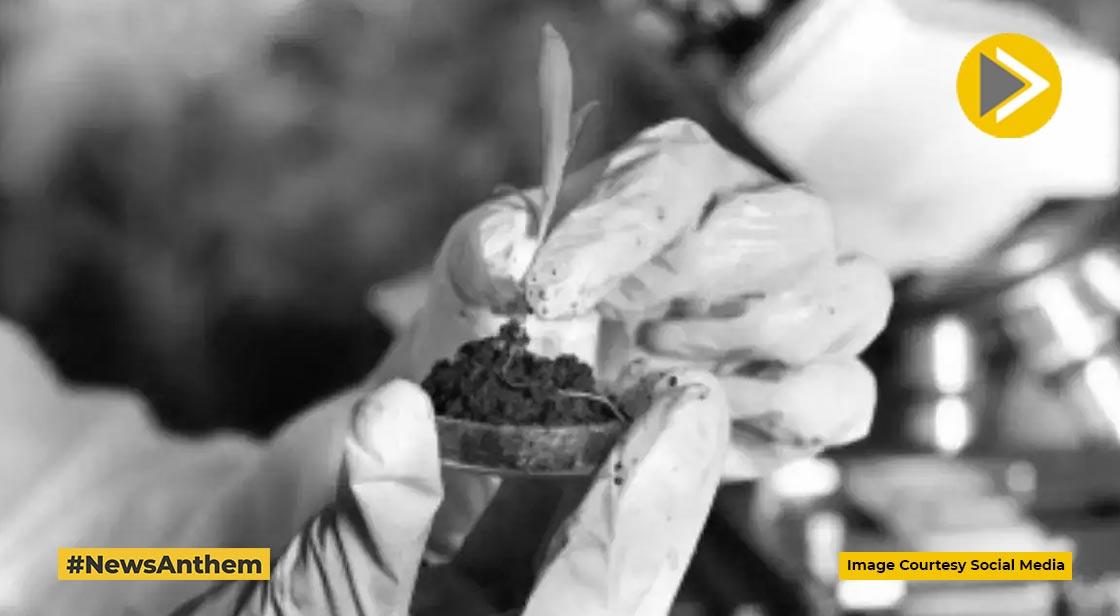Scientists believe that Genome Editing can help crops adapt to climate change

News Synopsis
Some scientists have advocated genome editing, arguing that the target traits should be for genetic improvement of rice, wheat, pulses, oil seeds, and even sugarcane to address crop climate adaptation, resource optimization, and malnutrition.
Rice, for example, can be genome-edited for water use efficiency, nitrogen use efficiency, abiotic stress tolerance, grain quality, and productivity, or green gram in pulses can be genome-edited for drought and heat tolerance.
The scientists also stated that it is hoped that more emphasis will be placed on pulses and oilseed crops in order to increase productivity, improve nutritional quality, and develop new varieties resistant to heat and drought stresses, pests, and pathogens, thereby reducing India's reliance on imports.
Genome editing allows for precise and targeted changes in an organism's native DNA at a pre-determined genomic locus. Many countries consider genome-edited crops to be non-GMO due to the lack of foreign DNA in the final product, i.e., the improved crop variety is foreign DNA-free.
Under the relevant rules of the Environment (Protection) Act, 1986, the Centre recently exempted the SDN1 and SDN2 categories of genome-edited crops from bio-safety assessment.
You May Like









